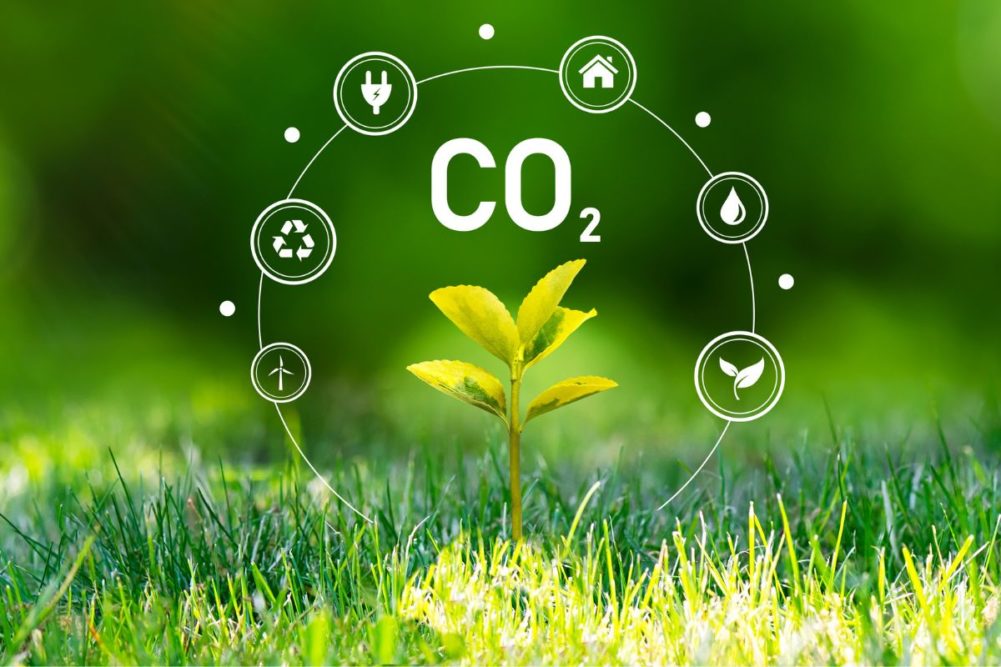ROTTERDAM, NETHERLANDS — Viterra Ltd. has announced as part of its Sustainability Report 2022 an updated 10-year target to reduce scope 1 and 2 greenhouse gas emissions (GHG) by 25% across its operational assets. The company’s sustainability program includes its ambition to be carbon net zero by 2050 for scope 1 and 2 emissions.
The medium-term carbon reduction target covers scope 1 and 2 (market-based) emissions for assets under Viterra’s operational control (processing, farming, storage and handling and port terminals), and will be intensity-based off tonnes processed. The company is also working toward measuring its scope 3 emissions in preparation for setting a target in 2024.
“Our long-term success lies in meeting ambitious targets, including a reduced reliance on fossil-based fuels and associated carbon emissions, as well as ensuring the products we handle originate from sustainable sources,” said David Mattiske, chief executive officer of Viterra, a global integrated agribusiness based in Rotterdam, Netherlands. “We will continue to review our decarbonization target as we progress towards being carbon net zero by 2050 with the potential to accelerate our plans as opportunities and technologies develop over time.”
The additional step in Viterra’s carbon net zero emissions journey comes with the release of the company’s Sustainability Report 2022, providing an update on its environmental, social and governance (ESG) objectives based on five pillars: health and safety, environment, community, human rights, and food and feed safety.
In the report, Viterra highlighted a 15% reduction in recordable injury rate, 10% reduction in GHG emissions intensity, 10% decrease in water withdrawal intensity, soy and palm oil deforestation-free plans, a supplier code of conduct, $3 million in community investments, zero reported serious food or feed safety incidents, Board committees established to oversee carbon and ESG progress, and sustainability-linked credit facilities achieving performance targets.
While health and safety remain its primary focus, Mattiske said Viterra put a sharper point on environmental sustainability in 2022 and is committed to climate action and ensuring the continued supply of essential food and feed is achieved sustainably for future generations.
“Our focus is not only on our own operations; we are also concentrating on sustainability along our supply chains, from producers through to destination customers,” Mattiske said.
Some of the ways Viterra is doing this are through helping feedstock and renewable fuel customers transition to lower-carbon mixes, a deforestation-free sourcing approach, working with producers to support sustainable agriculture and deliver low-carbon commodities, and collaborating with peers and partners to accelerate action toward limiting global warming to 1.5 degrees Celsius over the long term.
Another step toward achieving sustainability along its supply chains is developing and publishing a Viterra supplier code of conduct, which was finalized earlier this year.
“Continuing to improve on our sustainability performance is critical to our long-term success, and I am confident that in working together, the ambitious targets we have set for our business are wholly possible,” Mattiske said.
Further detail about Viterra’s sustainability activities and progress can be found in its 2022 sustainability report.





